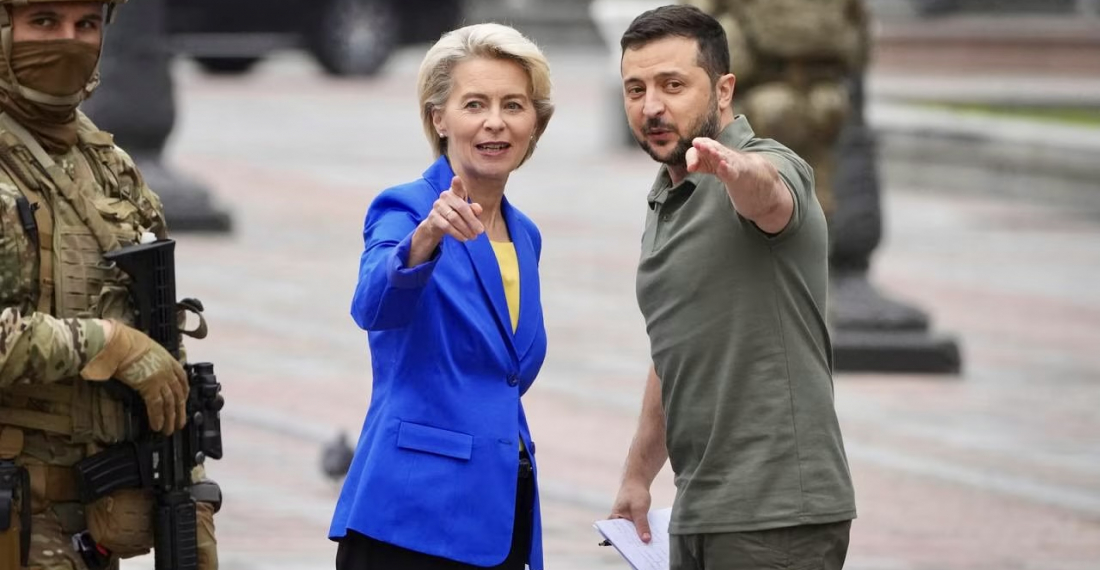Following the decision of the European Council meeting of 20-21 October 2022, the European Commission now proposes to send an average of €1.5 billion a month to Ukraine at fixed intervals from January to help the country meet ongoing expenses, and to maintain essential public services running, such as hospitals, schools, and housing for relocated people. The proposed money will also allow Ukraine to ensure macroeconomic stability, and restore critical infrastructure destroyed by Russia in its war of aggression, such as energy infrastructure, water systems, transport networks, roads and bridges. For the whole of 2023, €18 billion in favourable loans for the Ukrainian government will be allocated.
The EU plans to borrow this money on the financial markets, something the EU can do more easily and cheaply than Ukraine. Kyiv will then not have to pay interest and principal to the EU until 2033.
This stable, regular and predictable financial assistance will help cover a significant part of Ukraine's short-term funding needs for 2023, which the Ukrainian authorities and the International Monetary Fund estimate at €3 to €4 billion per month.
EU member states and the European Parliament must approve the proposal. European Commission Vice-President Valdis Dombrovskis called on member states to agree quickly so that the money could go to Kyiv as early as January. The amount could be transferred for a quarter in advance, for example.
Ukrainian President Volodymyr Zelenskyy tweeted in response that he is "grateful" for the announcement of 18 billion euros of aid for 2023. "This shows true solidarity of the EU. Together we will resist Russia’s aggression, together we will rebuild Ukraine, together we will be in the EU." Zelenskyy said.






